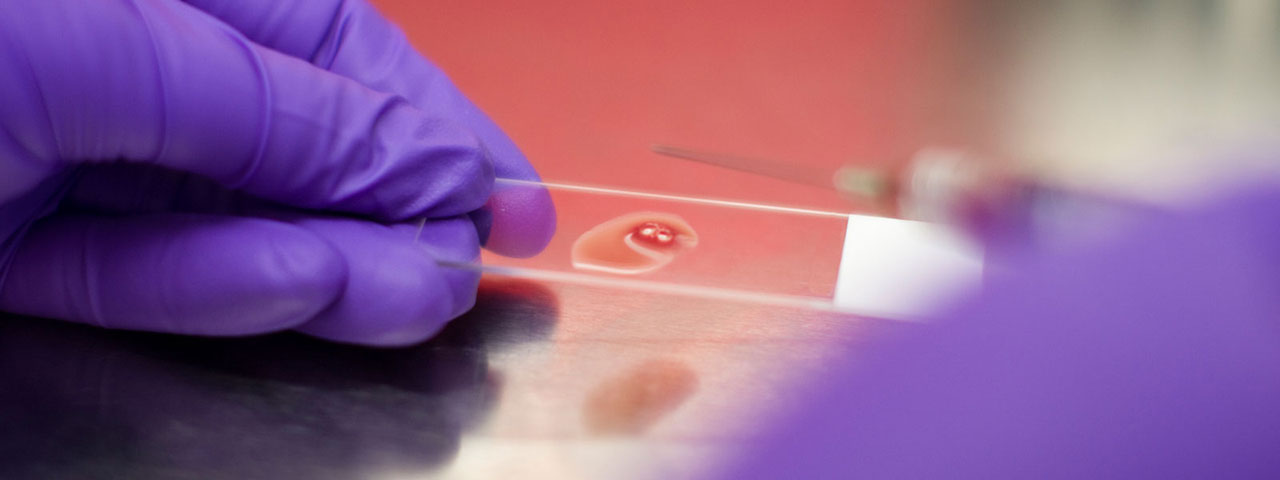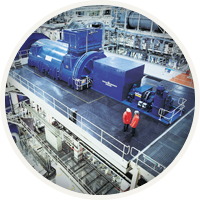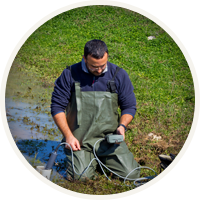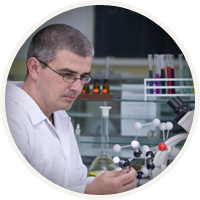
If you watch crime shows, you've probably spotted the forensic science technician dusting for prints. These experts are usually some of the first to arrive at a crime scene and, yes, they really do collect fingerprints, along with other types of evidence like bodily fluids and weapons. A forensic expert might work for a police department, a coroner, or a crime lab, and typically specializes in either investigation or analysis. After gathering evidence, making notes, and taking photos, forensic scientists help investigators determine suspects. If you work on the investigation side, you can expect irregular hours, since you can't exactly keep the police waiting if they need you to collect evidence at 4 a.m. Unless you land a part on a true-crime series, this job won't make you rich or famous. But what's rewarding about it is the chance to use hard scientific evidence to uncover hidden facts and help further the justice process.
The Details
By gathering and analyzing evidence, forensic scientists help police officers and other law enforcement officials solve crimes.
Creepy but true: Dental records are responsible for identifying more than 93 percent of remains found at crime scenes.






